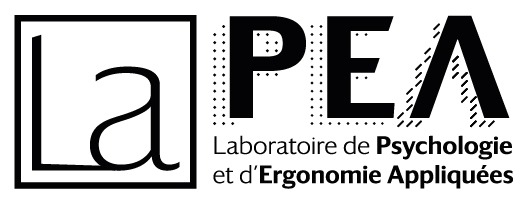This research aims to identify the most relevant methods and tools for driving skill assessments to guide professional practices.
Résumé :
Non-evolutive acquired brain injuries such as traumatic brain injury, stroke, cerebral anoxia or encephalitis, affect people from cognitive, behavioural and sensorimotor damage. These disorders should hind their driving abilities, increasing crash risk by more than twice. Consequently, since 2005, legislation has requested that people who suffer from brain injury visit a registered doctor to keep their driving license valid. Then, the 2022 decree dated march 28th requires that registered doctors take into account elements of patients’ multiprofessional assessment. In 2016, the French Health Authority (HAS) certified a recommendation list written by four different care organizations. Some items recommend a cognitive assessment with a neuropsychologist, a sensorimotor assessment with an occupational therapist, and an on-road assessment with a rehabilitation practitioner and a driving school instructor. Practitioners in rehabilitation centres are used to applying the main recommendations despite the lack of consensus about the methods and tools used. Therefore, this study aims to identify the most relevant methods and tools for driving skill assessments to guide professional practices. The first multicentre study will investigate the sensibility and specificity of both neuropsychological tests and an on-road evaluation table, through correlation and concordance analysis. The second study uses an action research approach in a bid to improve field practices on the bases of experiences shared by professionals during focus groups. Thus, practitioners have already codesigned a protocol assessment (used in the first study) that they will improve several times until optimal practice. Third, a longitudinal study will find out the benefits of these assessments and of the educational support on driving habits, behaviour and on car crash risk.
Mots Clés : brain injury, driving assessment, road safety
Directrice de Thèse
Catherine Gabaude, directrice de recherche — Université Gustave Eiffel
À lire aussi
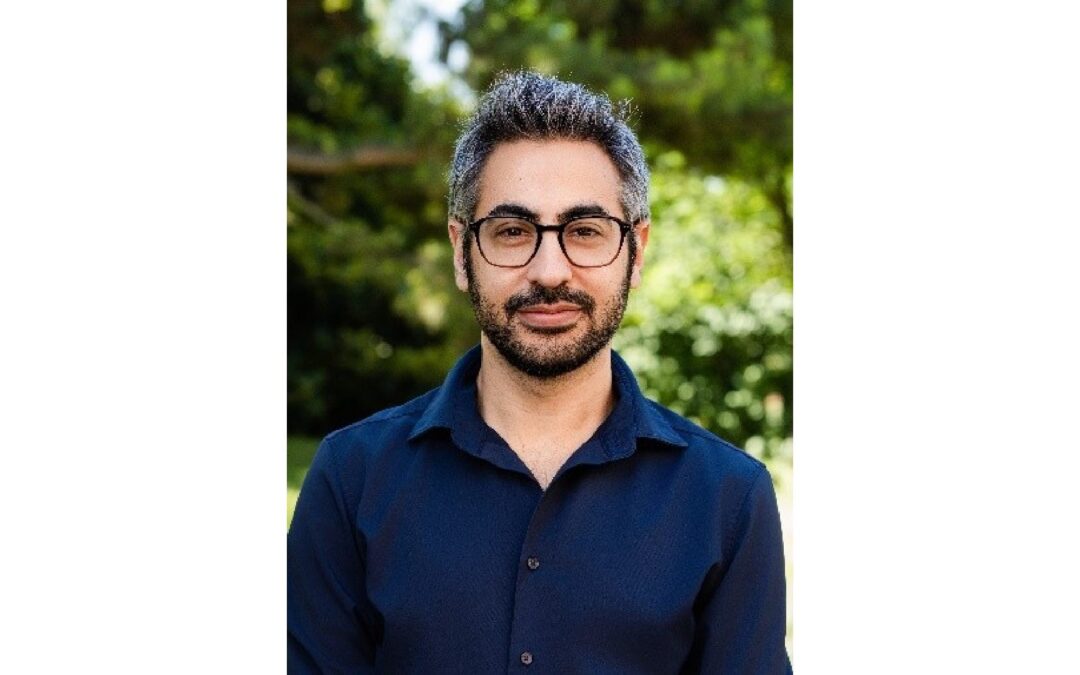
Anthony Lantian (Université Paris Nanterre) : Croyances aux théories du complot : rôle des motivations existentielles et épistémiques, et liens avec la stigmatisation
Jeudi 19 mars 2026 à 10h30. © Résumé : Cette présentation propose une série d’études visant à mieux comprendre les croyances aux théories du complot. Je commencerai par examiner les motivations existentielles, notamment les effets de la perte de sens et de...
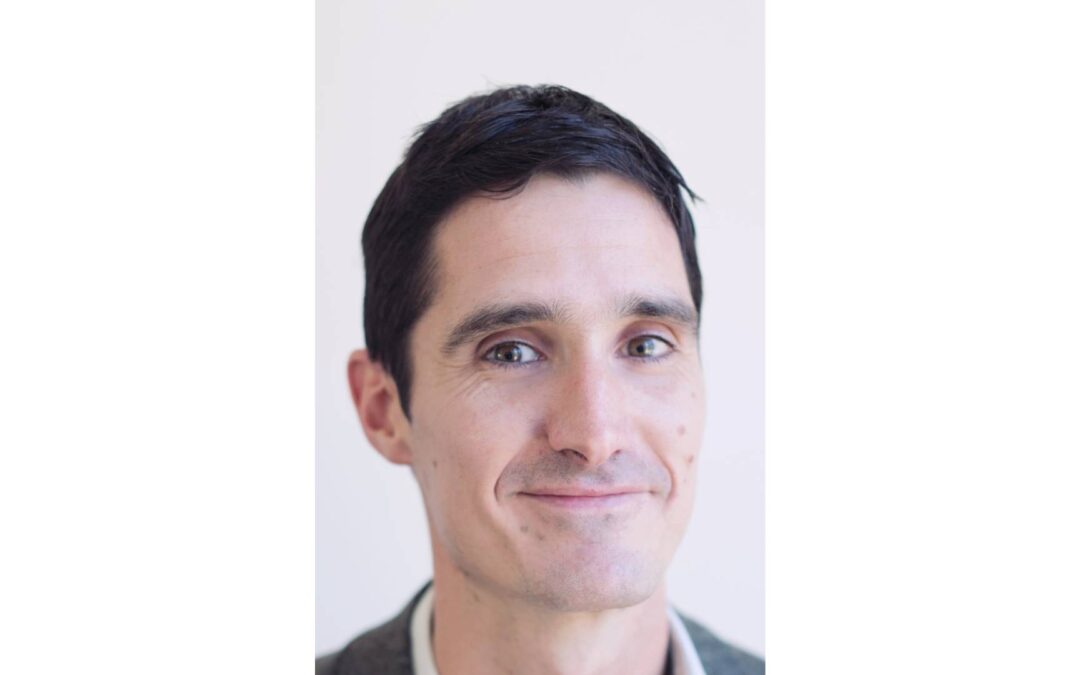
Gael Brulé : Le coût environnemental du bonheur
Jeudi 29 janvier 2026 à 10h30. © Résumé : Objectif de vie pour tout un chacun, démonstration de puissance pour l’État, le bonheur fait l’objet de nombreux classements. Les indicateurs utilisés résultent toutefois de constructions fondées sur différentes idées...
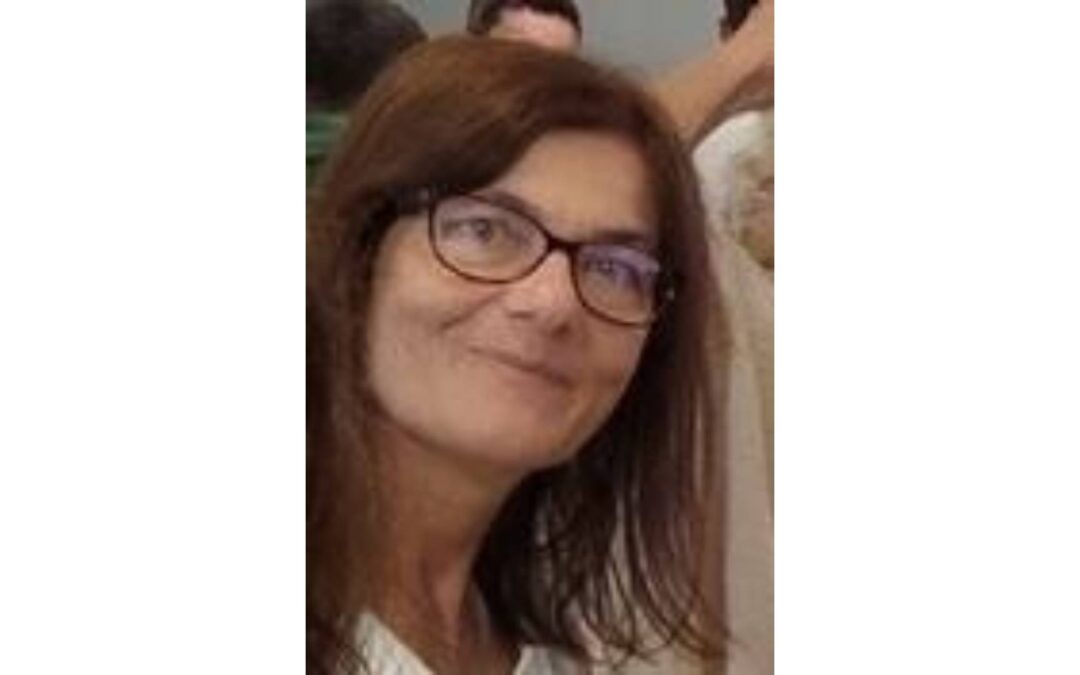
Hélène Sauzéon (Université de Bordeaux) : Les motivations intrinsèques comme principes de conception des technologies numériques pour la cognition.
Jeudi 20 novembre 2025 à 10h30 en 2011. © Résumé : Les théories psychomotivationnelles, comme celle de l’autodétermination (Ryan & Deci, 2000) placent l’agentivité comme pilier du développement à tous les âges de la vie à travers notamment l’expression de...
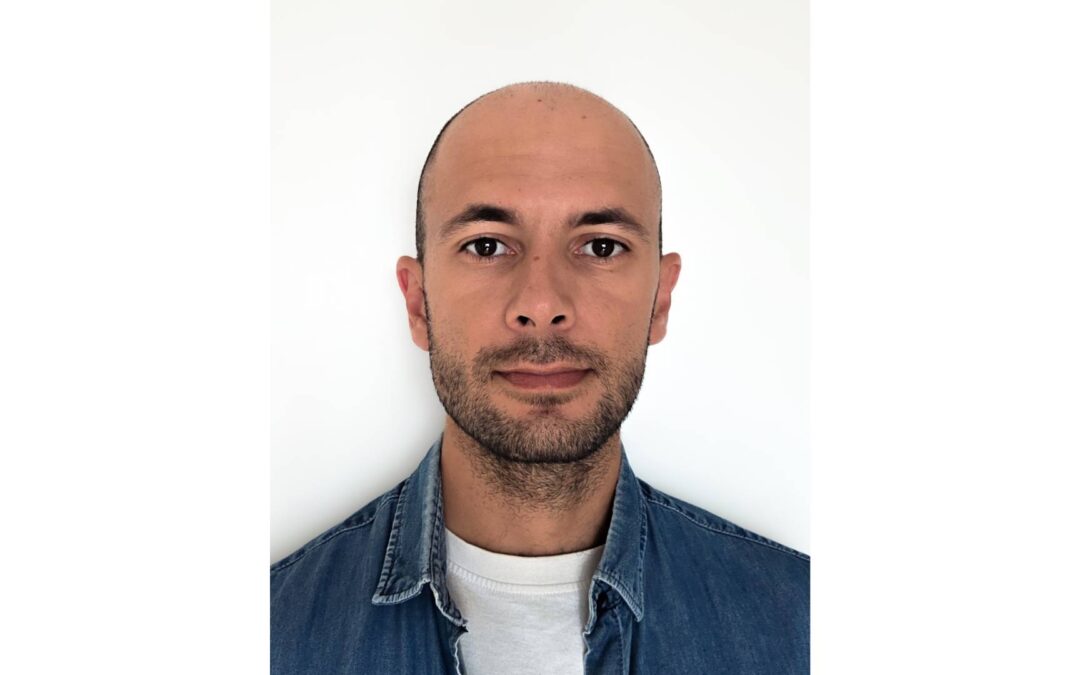
Samy Chikhi :”Mesurer et moduler la gestion des ressources cognitives”
Jeudi 25 septembre 2025 à 10h30 en 2011. © Résumé : Le système cognitif humain est limité dans ses capacités de traitement, ce qui entrave notre capacité à intégrer et manipuler l’information et affecte la qualité des décisions prises. Le concept de charge...
